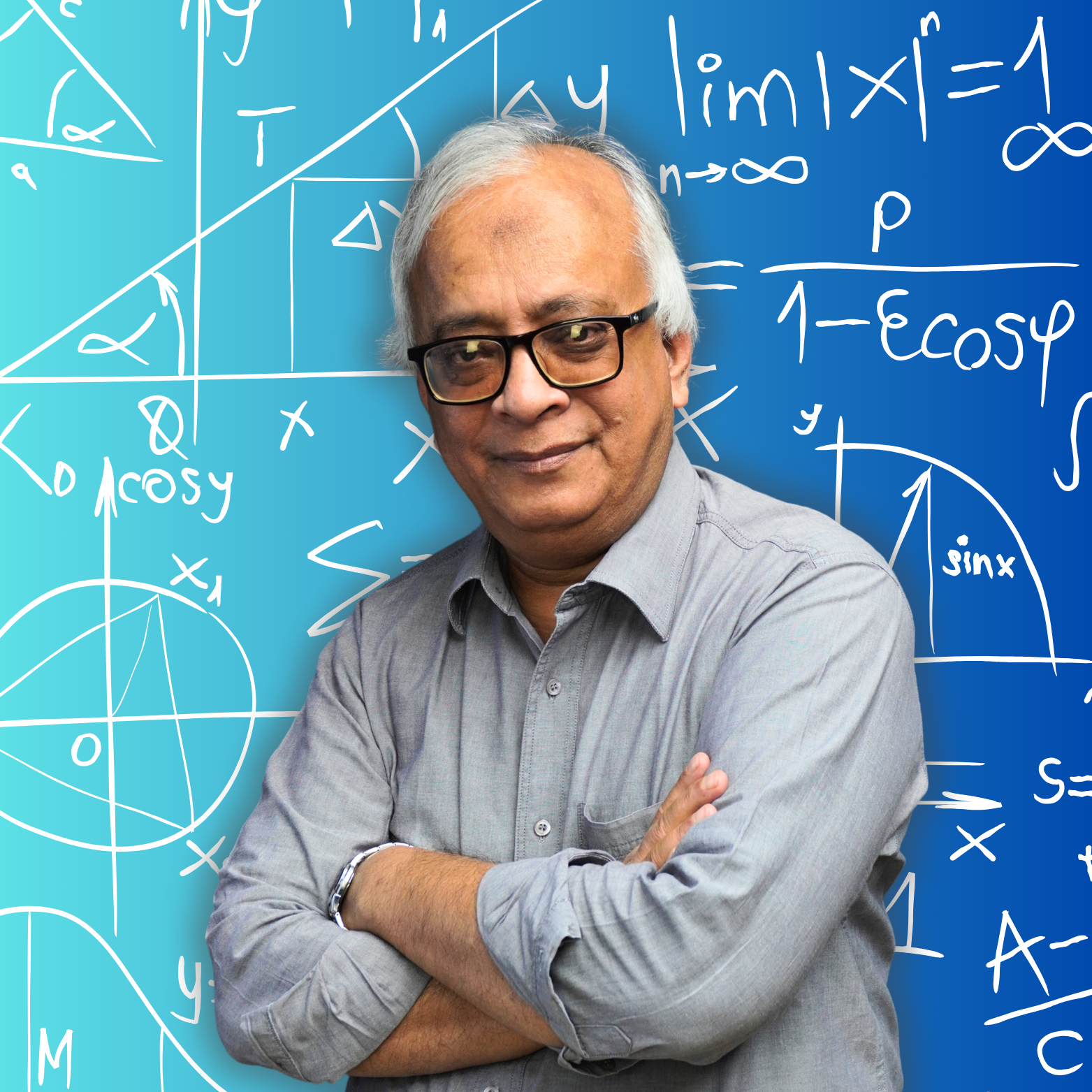Welcome to Fourier Analysis, a fundamental course that explores the decomposition of functions and signals into their constituent frequencies. This indispensable mathematical tool, pioneered by Joseph Fourier, is vital across diverse disciplines, including electrical engineering, signal processing, quantum mechanics, and pure mathematics. By mastering the representation of complex functions as sums or integrals of sines, cosines, or complex exponentials, you'll gain deep insights into the underlying structure and behavior of both periodic and non-periodic phenomena.
From Series to Transform:
Analyzing Signals. The course begins with the Fourier Series, focusing on the analysis of periodic functions. We’ll learn to represent these functions as an infinite sum of harmonics, starting with the full-wave expansion. We'll also cover the practical technique of half-range expansion for functions defined over a finite interval. A key part of this initial study involves the engineering interpretation of the series components and a thorough error analysis to understand convergence and phenomena like the Gibbs effect.
We then transition to the Fourier Transform, which extends the frequency analysis framework to non-periodic functions. This involves deriving the continuous representation through the Fourier integral. Once the transform is defined, we'll delve into its critical properties, which are essential for practical application and computation. These include linearity, the shift theorem (relating time shifts to phase), the stretch theorem (connecting time scaling to frequency scaling), the duality theorem, and the rule for transforming derivatives, which is crucial for solving differential equations.
Distributions and Applications
The course progresses to the advanced topic of Fourier Transform – Distributions. This section lays the groundwork and establishes the necessity for handling idealized signals, leading to the formal definition and properties of the Dirac delta function (δ(t)). We’ll explore the necessary mathematical way to proceed before formally defining distributions and calculating their Fourier transform. This framework is then extended to understanding the derivatives of distributions. Finally, we apply our knowledge in the module on Convolution. Convolution is the core operation describing how systems modify input signals, and the Fourier Transform dramatically simplifies its calculation. We will explore key applications of the Fourier transform in various fields. This includes correlation studies (auto- and cross-correlation) for measuring signal similarity, calculating the power spectrum to visualize energy distribution across frequencies, and the analysis and design of filters—linear time-invariant systems—using their frequency-domain transfer function.
